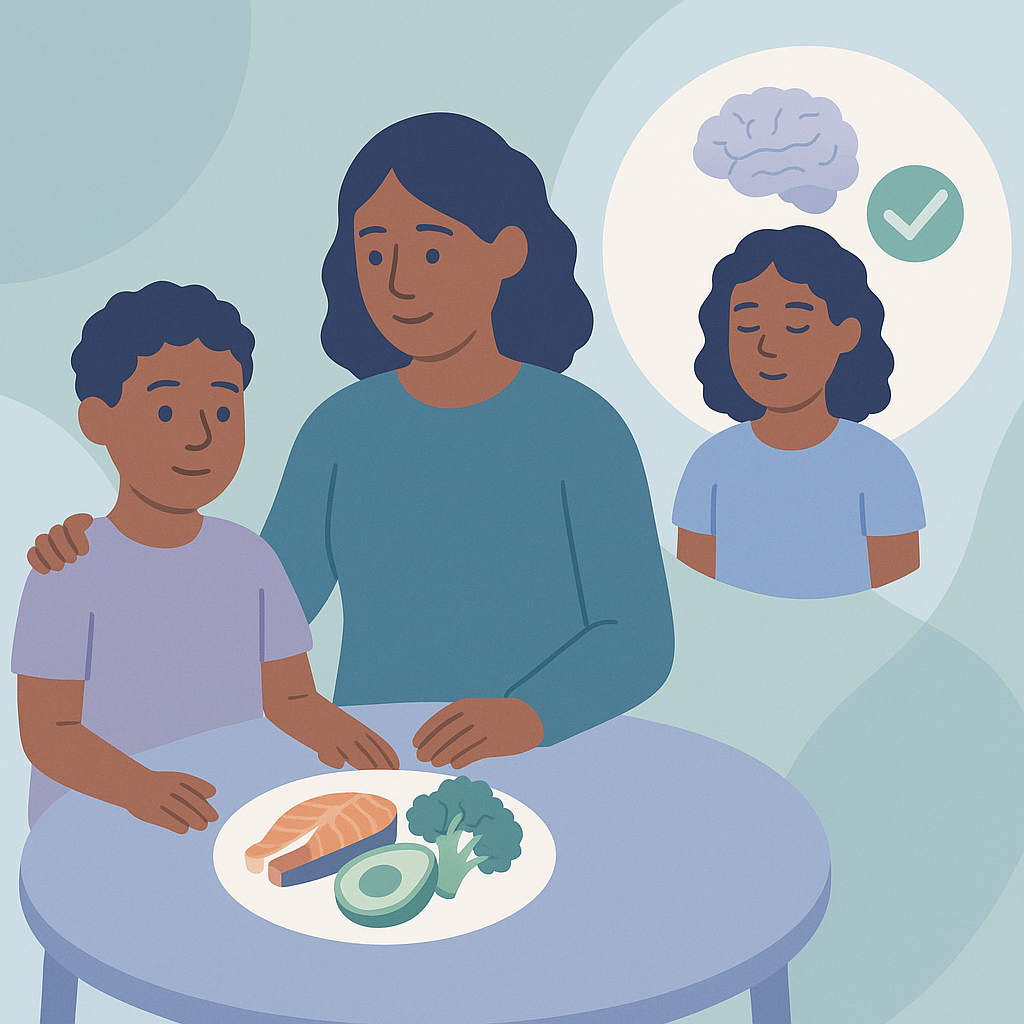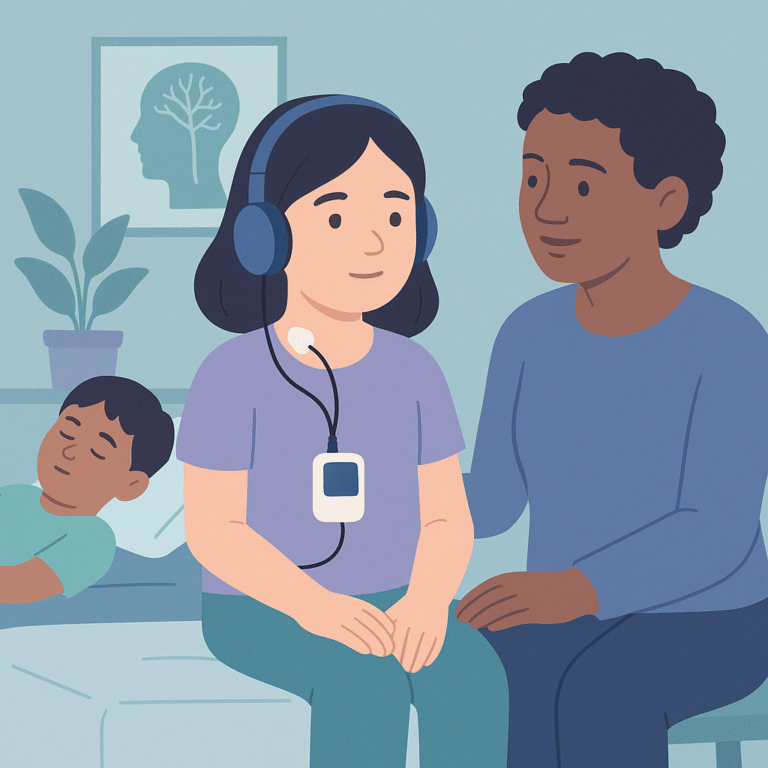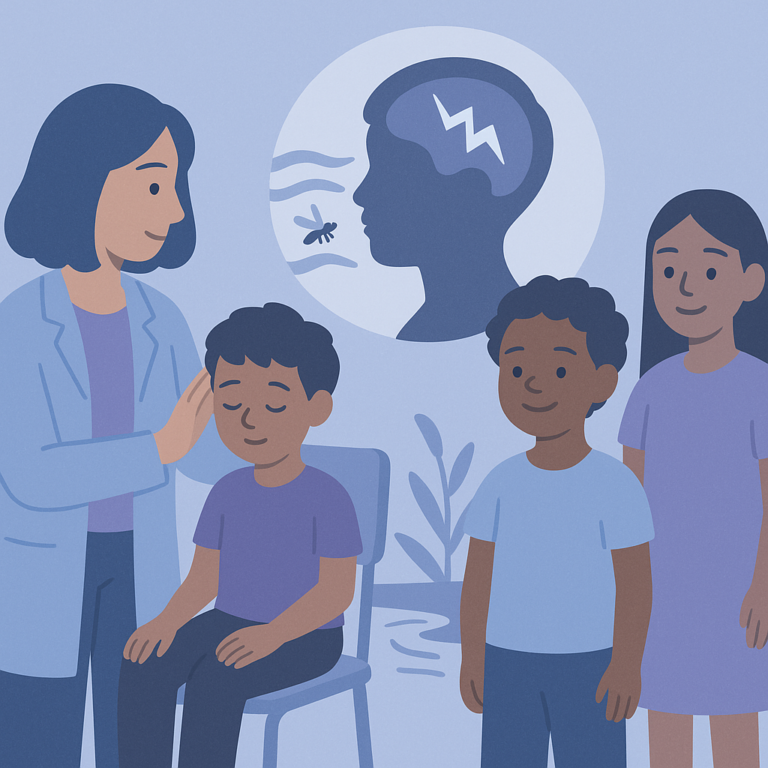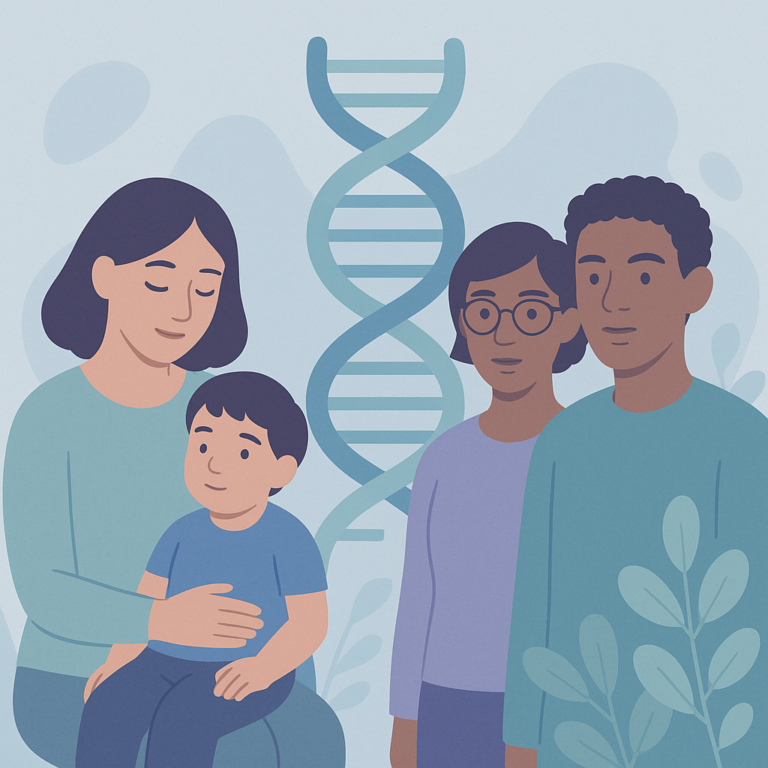Ketogenic Diet May Reduce Seizures in Children with Epilepsy
Source: Frontiers in nutrition
Summary
A recent study looked at how a high-fat, low-carbohydrate diet, known as the ketogenic diet (KD), affects seizure frequency in children with drug-resistant epilepsy. Researchers reviewed nine different studies that included children aged 18 and younger who had not responded well to traditional epilepsy medications. They focused on various forms of the ketogenic diet, including the classical KD, the modified Atkins diet, and low-glycemic-index treatment.
The key findings showed that the ketogenic diet significantly reduced the number of seizures in many children. Specifically, children on the diet were more likely to experience a reduction of more than 50% in their seizures, with some even achieving complete seizure freedom. While the results were promising, the overall rates of complete seizure freedom were still relatively low. Common side effects of the diet included constipation, loss of appetite, and diarrhea.
These findings are important because they suggest that the ketogenic diet could be a helpful option for children who do not respond to standard treatments for epilepsy. However, the study also has limitations, such as the small number of studies reviewed and the need for more extensive research to confirm the diet's long-term safety and effectiveness. Parents and caregivers should consider these factors when exploring treatment options for children with drug-resistant epilepsy.
Free: Seizure First Aid Quick Guide (PDF)
Plus one plain-language weekly digest of new epilepsy research.
Unsubscribe anytime. No medical advice.





